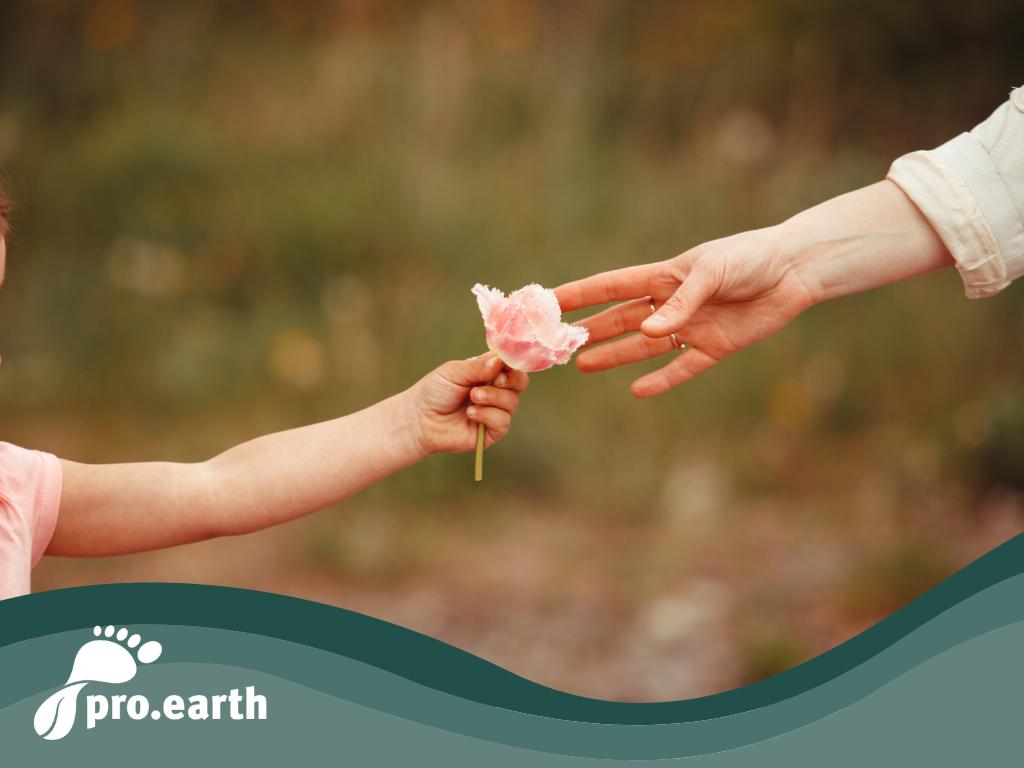Mother's Day - True motherly love

Everyone knows it and most people have celebrated it before - Mother's Day.
Mothers and grandmothers all over the country are given and honored with flowers, poems, handicrafts and other small gifts. But where does this tradition come from and who invented it?
Originally, like so many things, it comes from the USA. Anna Marie Jarvis lived there and held a memorial service in 1906 on the second anniversary of her mother's death. This was followed by a "Memorial Mother's Day Meeting", at which Anna Marie Jarvis distributed 500 white carnations to the mothers present as a sign of her love.
A year later, another service was held in this very place to honor all mothers. This idea spread like wildfire throughout the country and soon many sons and daughters were pinning a colored carnation on their shirts to express their love and appreciation for their mothers, or a white carnation in memory of deceased mothers.
Anna Marie Jarvis then fought for the introduction of an official holiday aimed at honoring all mothers in the country.
This was followed by many more letters to politicians and clergymen in which she expressed her concerns. Her movement grew rapidly and found many supporters. As a result, the American Congress introduced Mother's Day as an official holiday as early as 1914 and dated it every 2nd Sunday in May.
However, Anna Marie Jarvis' subsequent joy at this success was limited. She did not agree with the official implementation of this day of honour and the accompanying commercialization.
This even led to her attempting to have the holiday abolished by the courts. However, a lawsuit was dismissed and so Mother's Day, with all its commercial aspects, remained an official holiday in the USA.
The spread of Mother's Day to other parts of the world was unstoppable. Just a few years later, in 1923, this idea was promoted in Germany by the Association of German Flower Shop Owners as a non-political date for loving floral greetings to mothers.
After the National Socialists came to power, however, this day was exploited politically by them. As early as 1933, Mother's Day became the "Day of Remembrance and Honor of German Mothers". The state declared the third Sunday in May an official public holiday and used it for propaganda purposes.
However, with the end of the Second World War and the liberation of Europe, the political influence of the National Socialists on Mother's Day also came to an end.
The commercialization of Mother's Day has not only established itself in the USA, but has also been gratefully accepted by retailers in the rest of the world.
However, a survey revealed that Mother's Day is only highly valued by one in two Austrians. A quarter are even in favor of abolishing it.
The pro.earth editorial team wishes you a happy Mother's Day!
pro.earth conclusion:
Mother's Day is a time to give the gift of flowers - but we are creating gigantic mountains of plastic waste. Mother's Day, Easter and the planting season mean that around 39 million disposable plastic pallets end up in the bin from March to May.
A fact that should make us think carefully about which products we buy and give as gifts. 💚






